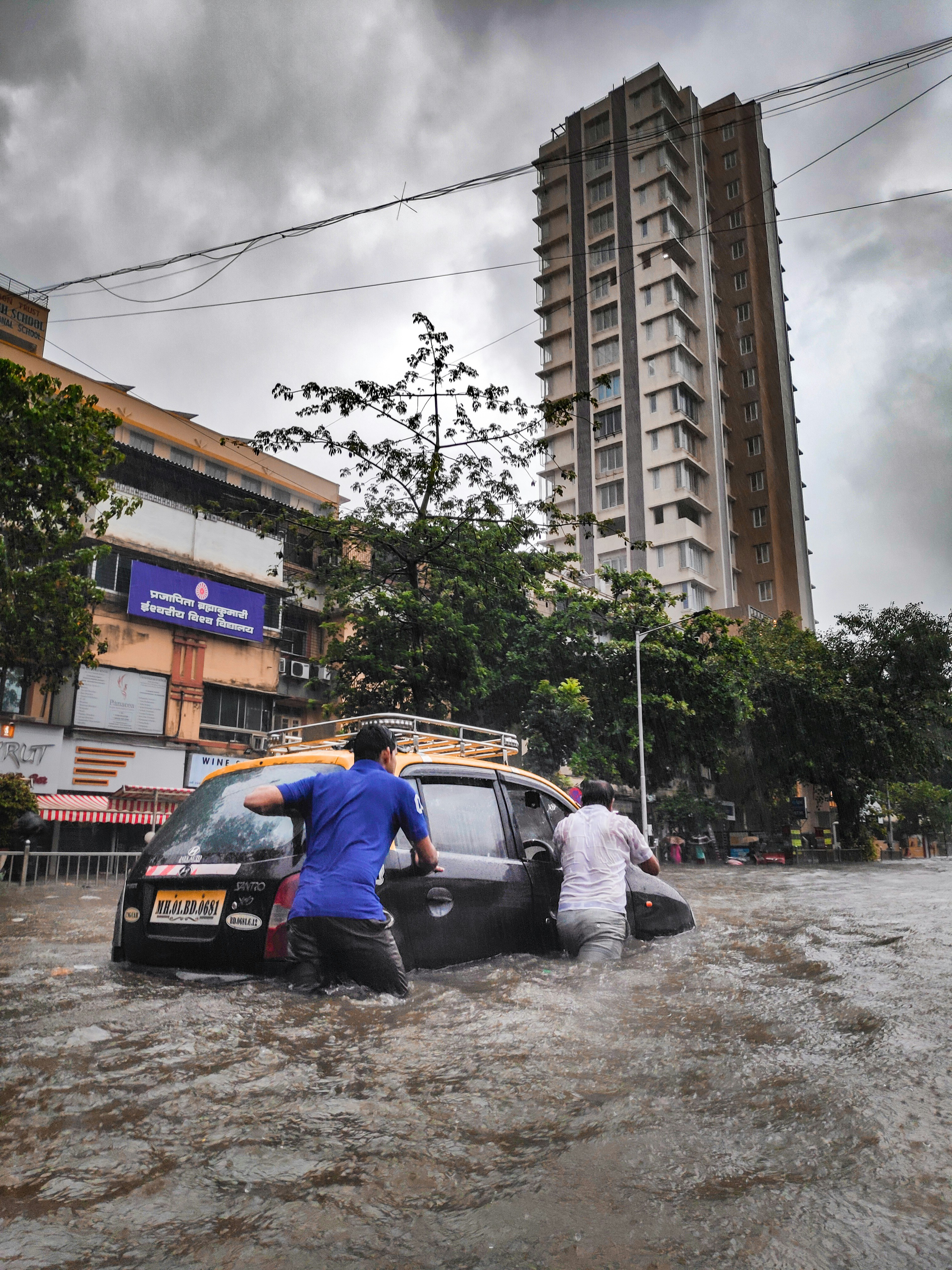Understanding Flood Risks in Florida
Flooding is one of the most common and widespread natural disasters in Florida, posing significant risks to property and personal safety. Given Florida’s unique geography and climate, the state is particularly vulnerable to flooding caused by heavy rains, hurricanes, and high tides. In this comprehensive guide, we will discuss why being prepared is not just advisable but essential.
Why Flood Preparedness Matters
Recent events have shown that floods can cause catastrophic damage. Being prepared can significantly reduce the risks to your life and property and ensure that you can recover more quickly after an event. Each year, the lives of many Floridians are disrupted by floods, yet many residents remain unprepared.
Steps to Enhance Your Flood Preparedness
To begin enhancing your flood preparedness, here are practical steps you can follow:
1. Understand Your Flood Risk
Visit FEMA’s Flood Map Service Center to know more about the flood risk of your area. This information is crucial for planning your response to potential flooding.
2. Emergency Response Plan
Develop a detailed flood response plan for your family or business. This should include evacuation routes, emergency contacts, and a safe place to stay during a flood. Share and practice this plan with everyone involved.
3. Emergency Kit
Prepare an emergency kit with enough supplies to last for several days. Include non-perishable food, water, medications, important documents in waterproof containers, and other essentials. Visit Ready.gov for a detailed list of what to include in your kit.
4. Property Safety Measures
Take measures to secure your property. Install check-valves in plumbing to prevent floodwater from backing up into the drains of your home. Consider using sandbags, flood barriers, or floodproofing renovations to protect your home, especially if you live in a high-risk area.
5. Insurance Review
Regularly review your insurance coverages. Most homeowner’s insurance policies do not cover flood damage. Look into purchasing flood insurance from the National Flood Insurance Program (NFIP) to ensure financial protection.
6. Stay Informed
During the flood season, stay informed about potential flood warnings and watches through local media and by subscribing to alert services. Knowledge is your first line of defense against approaching dangers.
Flood Recovery Tips
After a flood, it is crucial to return home only when it is declared safe. Be cautious during clean-up as flood waters can be contaminated with hazardous materials. Document property damage for insurance claims and seek professional help for property restoration.
Join HelpNow’s Training
To enhance your readiness for any flooding event or other disasters, consider joining our specialized emergency response training. Our programs are tailored to equip you with the knowledge and skills needed to effectively manage any crisis situation.
Conclusion
Flood preparedness can significantly mitigate the risks associated with flooding. By taking proactive steps and educating yourself, you can protect your family, your property, and your community. Remember, preparedness starts with you, but it is sustained through community effort and continuous learning.
For more information, or to contribute to our cause, please visit our donation page or join our community.
To stay updated on the latest training programs and safety tips, keep an eye on our blog.

